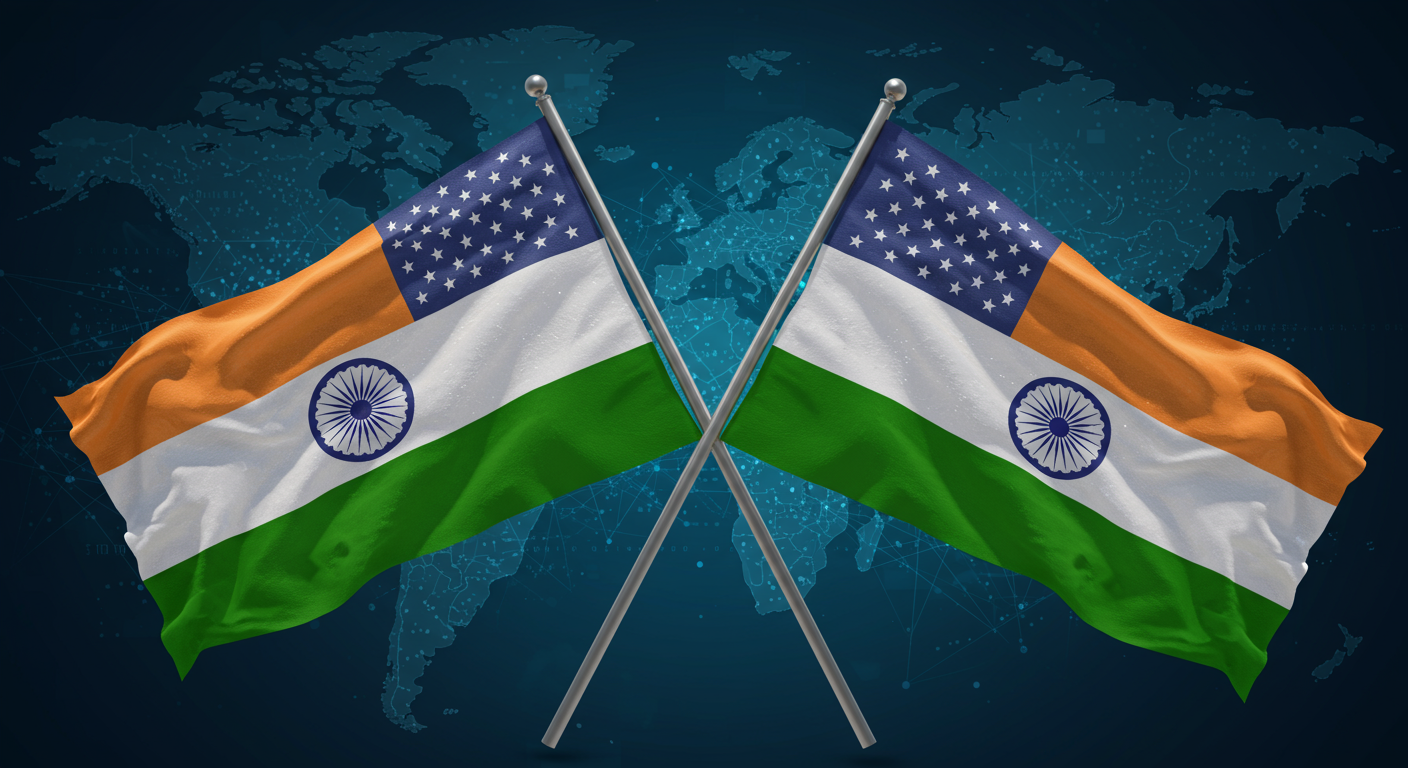
The recent news about India and the United States inking a new 10-year defense framework truly resonates with my long-held belief in proactive strategic vision. This agreement, aimed at deepening cooperation across all domains, is a significant step towards reinforcing regional stability and ensuring a free and open Indo-Pacific India, US ink new defence framework for 10 yrs; aim to deepen cooperation in all domains.
I noted with interest the video mentioning Rajnath Singh and Pete Hegseth signing this crucial pact Rajnath Singh, Pete Hegseth Sign 10-Year India-US Defence Pact To Strengthen Indo-Pacific Security. Such high-level commitment from both sides underscores the shared understanding of evolving global challenges.
This move towards enhanced defense cooperation naturally leads my thoughts to the integral role of technology in modern warfare and national security. For years, I have explored the transformative power of Artificial Intelligence (AI) and its inevitable impact on various sectors. From discussions on jobs being displaced by AI to the broader implications of technology on privacy, as I wrote in "Artificial Intelligence : Destroyer of Privacy ?" [http://myblogepage.blogspot.com/2017/07/artificial-intelligence-destroyer-of.html] and "Supreme may Propose : Technology will Dispose" [http://emailothers.blogspot.com/2017/07/re-right-to-privacy_26.html], I've emphasized that technology doesn't merely augment; it fundamentally reshapes our world. Defense is no exception.
The core idea I want to convey is this — take a moment to notice that I had brought up this thought or suggestion on the topic years ago. I had already predicted this outcome or challenge, and I had even proposed a solution at the time. Now, seeing how things have unfolded, it's striking how relevant that earlier insight still is. Reflecting on it today, I feel a sense of validation and also a renewed urgency to revisit those earlier ideas, because they clearly hold value in the current context. The push for "deepening cooperation in all domains" implies not just traditional military exercises but also the integration of advanced technologies like AI, cybersecurity, and space capabilities into our defense strategies. This is precisely where the strategic foresight I championed in my blogs on AI's societal impact, such as "Wherefore Art Thou, O Jobs ?" [http://mylinkedinposting.blogspot.com/2023/05/wherefore-art-thou-o-jobs.html] and "A case of AI substituting NI ?" [http://mylinkedinposting.blogspot.com/2019/01/a-case-of-ai-substituting-ni.html], becomes paramount. Understanding how AI will redefine intelligence, and thus defense, is crucial.
Just as I reflected on comprehensive solutions for public transport in "BEST getting BETTER ?" [http://myblogepage.blogspot.com/2017/08/best-getting-better.html] and the visionary approach to electric vehicles in Andhra Pradesh under Shri Chandra Babu Naidu For EV, Andhra gets an 'A', a similar comprehensive and visionary strategy is needed for this defense framework. It must anticipate not just the threats of today, but the technological landscape of tomorrow, ensuring that this partnership is not just broad, but deeply integrated with cutting-edge innovations.
Regards,
Hemen Parekh
Of course, if you wish, you can debate this topic with my Virtual Avatar at : hemenparekh.ai






No comments:
Post a Comment